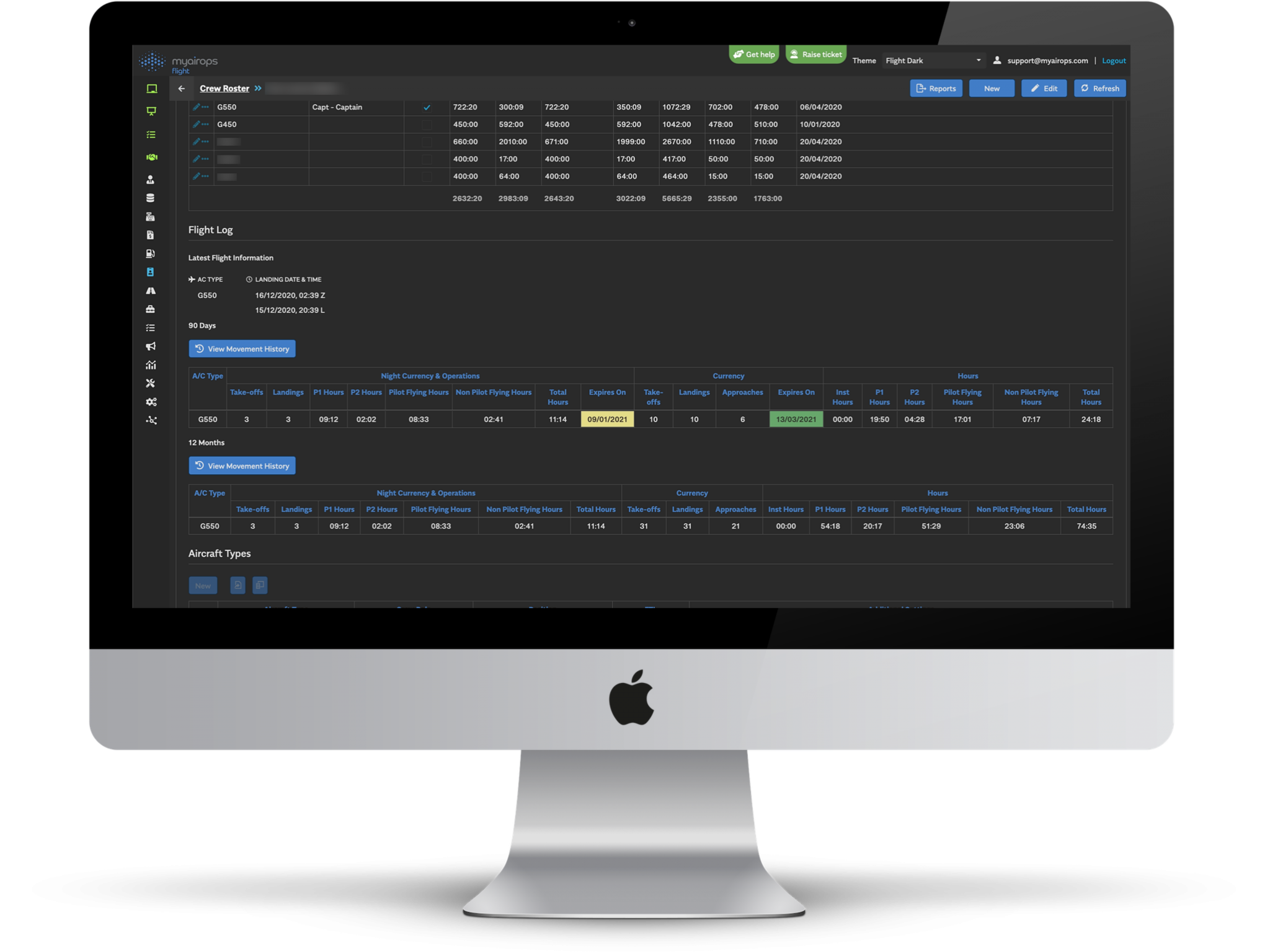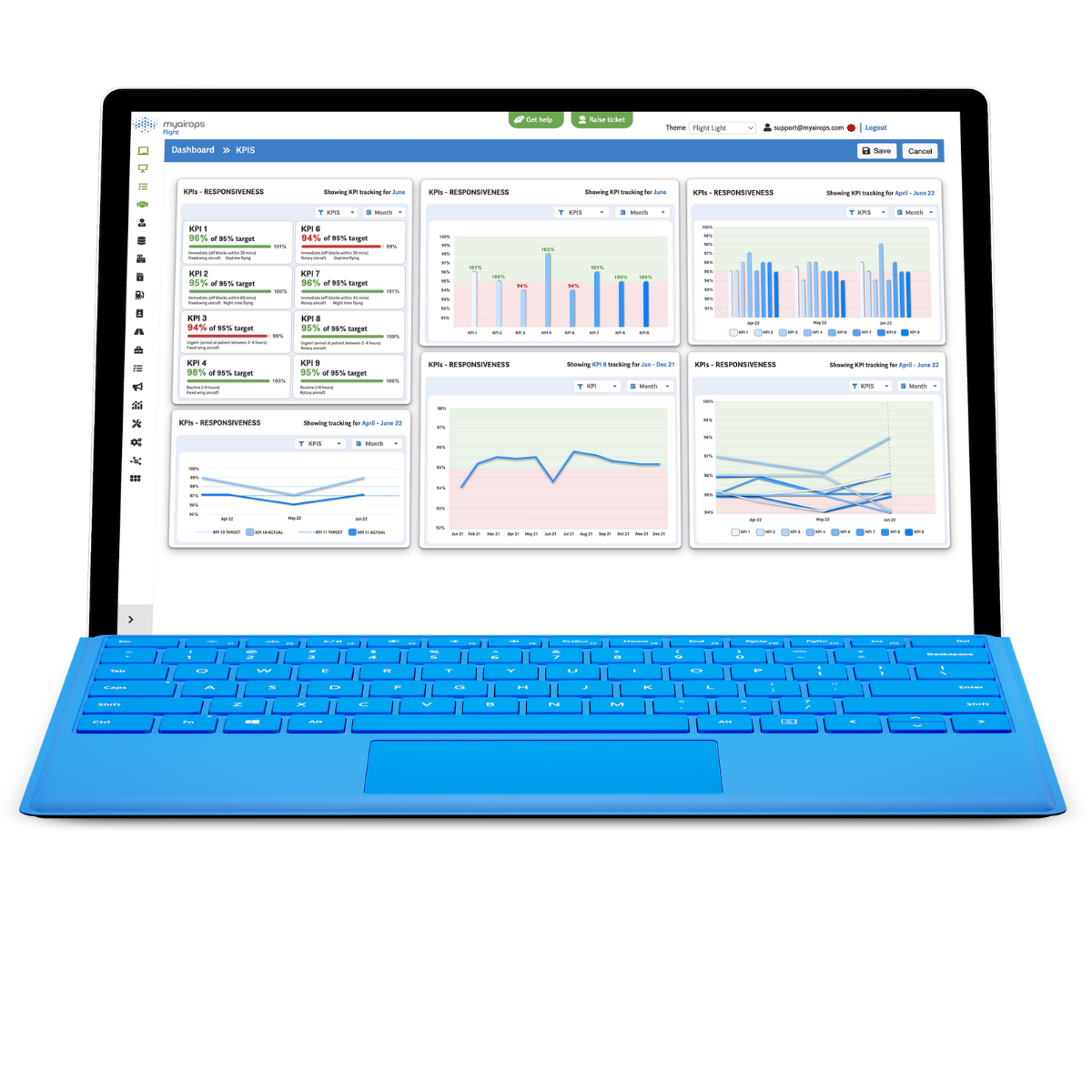In today’s fast-paced environment, flight departments rely heavily on technology to manage their operations. For corporate flight departments, a good flight management software system is crucial to ensuring smooth and efficient operations. However, a poor flight management software system can have significant negative impacts on the department’s overall performance. This is often why Corporate Flight Departments are rigorous in their selection to ensure they have the correct flight management software for their organization.
-
Poor Efficiency and Increased Costs
A poor flight management software system can lead to inefficiencies, such as manual data entry, lack of automation, and inadequate real-time data updates. These inefficiencies can lead to increased costs, such as the need to hire additional staff to manage the workload. The time and resources spent on managing a poor system can also take away from other critical aspects of the flight department, such as safety management and flight planning.

-
Compliance and Safety Risks
Corporate flight departments operate under strict regulatory guidelines to ensure the safety of their passengers and crew. A poor flight management software system can increase the risks of non-compliance and safety breaches. For example, a system that lacks proper documentation, record-keeping, and reporting capabilities can result in inaccurate or incomplete data, which can lead to safety risks, audit failures, and regulatory fines.
-
Inadequate Communication and Collaboration
A good flight management software system enables effective communication and collaboration among different teams and stakeholders, such as pilots, schedulers, maintenance personnel, and management. A poor system can hinder communication, resulting in missed or delayed messages, incomplete or incorrect data, and breakdowns in workflow. This can lead to operational disruptions, delays, and increased costs.
-
Limited Business Insights and Decision Making
A good flight management software system provides real-time data and analytics that enable the flight department to make informed decisions and improve operational efficiency. A poor system, on the other hand, lacks the necessary data and analytics capabilities, making it difficult for the department to gain insights into their operations and make data-driven decisions. This can result in missed opportunities for improvement and suboptimal performance.

In conclusion, a poor flight management software system can have significant negative impacts on a corporate flight department. It can lead to increased costs, compliance and safety risks, inadequate communication and collaboration, and limited business insights and decision-making capabilities. Therefore, it is crucial for flight departments to invest in a good flight management software system that meets their specific needs and requirements, and enables them to operate efficiently, safely, and cost-effectively.





